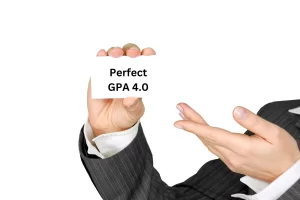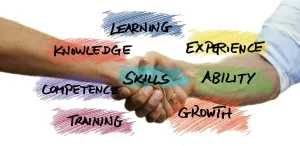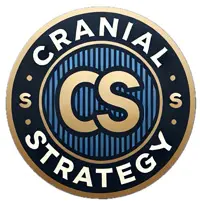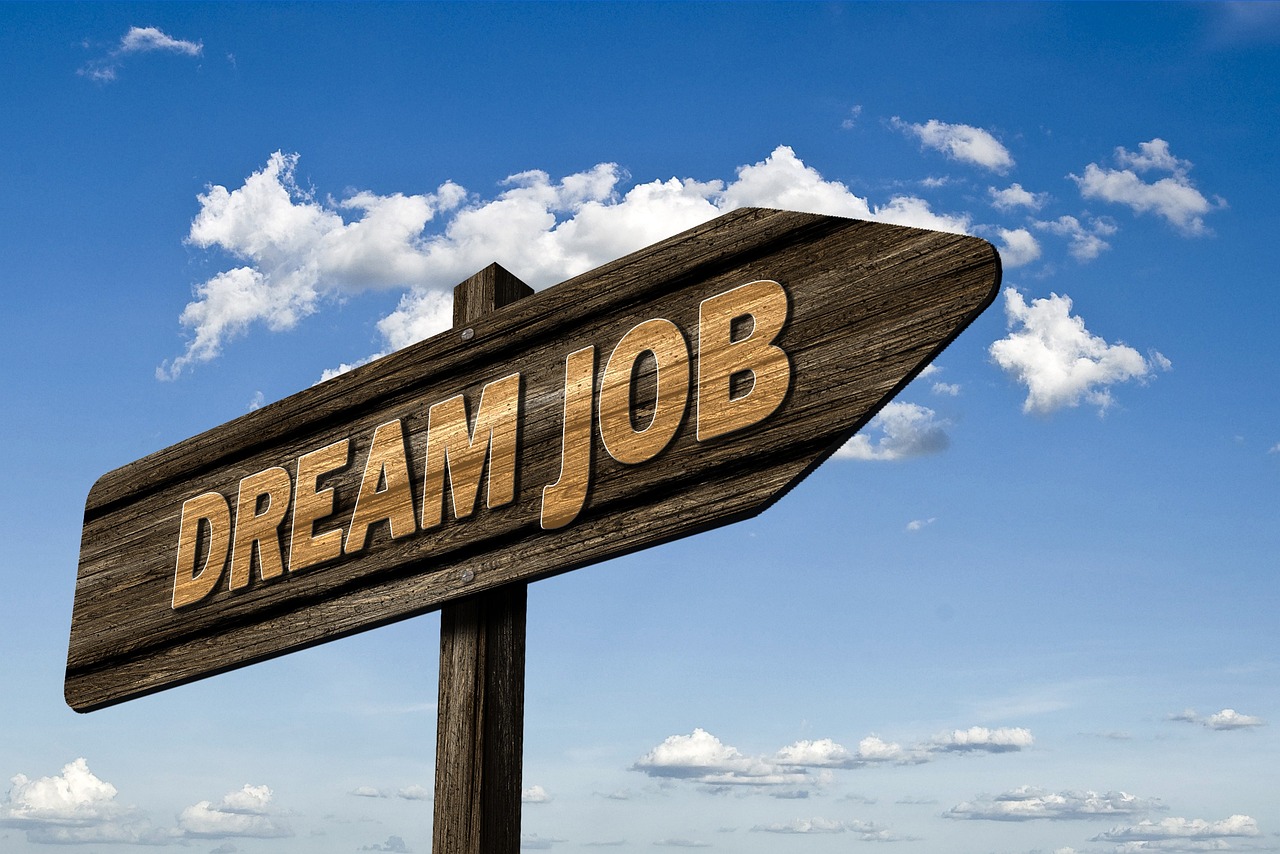Workforce readiness is key factor in career growth, Many college students struggle with confidence when entering the workforce. Despite earning good grades and completing their degrees, they often feel unprepared for real-world challenges. This crisis of confidence comes from a lack of strategic planning during their college years. Simply graduating is not enough. Students must apply strategic skills to stand out in college admissions, internships, and job applications. Without a solid strategy, they may experience uncertainty, difficulty securing employment, and an inability to transition smoothly from academia to a professional setting.
Why Workforce Readiness Requires Strategic Thinking
Workforce readiness depends on strategic thinking. It helps students navigate academic and career challenges with a clear plan. Without a career strategy, students may make random decisions about courses, internships, and job applications. This often leads to frustration, wasted efforts, and a lack of confidence when competing in the job market.
Strategic thinking is a proactive approach that allows students to:
- Choose the right academic path: Many students select courses without understanding their long-term career impact. A strategic approach ensures they pick subjects aligned with future goals.
- Gain relevant experience through internships: Real-world exposure helps students bridge the gap between theory and practice.
- Network with professionals early: Building a strong network early in college helps in securing mentorship and career guidance.
- Develop essential soft skills: Employers value communication, teamwork, and leadership just as much as technical knowledge.
- Stand out in job applications: A well-crafted resume that highlights strategic achievements makes a candidate more appealing to employers.
Applying these strategic skills in the right way ensures career success. Without a plan, students may feel lost when transitioning from college to work. They may also find themselves settling for jobs below their potential simply because they lack the confidence to pursue their true aspirations.
Strategic Planning for College Admissions, Internships, and Jobs
A strategic mindset is crucial from the start. College admissions are increasingly competitive. Students need to showcase not just good grades but also unique experiences, leadership, and skills that differentiate them from others. A well-planned application, complete with a compelling personal statement and relevant extracurricular activities, can make a significant difference.
Internships also require strategic planning. Many students apply randomly, hoping to get selected. Instead, they should target specific companies, tailor their resumes, and network with industry professionals. By researching internship opportunities in their desired field, students can strategically position themselves for roles that provide meaningful learning experiences. Strategic internship selection builds relevant experience and boosts confidence when entering the workforce.
In job hunting, workforce readiness becomes even more important. Employers look for candidates with a combination of skills, experience, and confidence. A well-prepared candidate:
- Understands the job market and industry expectations
- Customizes resumes and cover letters for different positions
- Leverages networking and professional connections to secure opportunities
- Develops a strong online presence through platforms like LinkedIn
- Prepares effectively for interviews by practicing responses to common questions
By applying these strategic steps, students maximize their chances of securing desirable positions. Altogether, reducing the anxiety associated with job hunting.
Why Academic Excellence Alone is Not Enough for Workforce Readiness
Good grades alone do not guarantee success. Many graduates struggle to find jobs because they lack a strong workforce strategy. Employers seek well-rounded candidates with practical experience, problem-solving skills, and adaptability. Without strategic preparation, students may face rejection and self-doubt.

Academics Grades Without Strategy Are Ineffective
Strategic graduates:
- Research industry trends early: Understanding job market demands helps students develop skills that are in high demand.
- Gain hands-on experience: Practical knowledge, such as internships, projects, or part-time jobs, gives students an edge over competitors.
- Develop a strong personal brand: Establishing a professional image through networking, social media presence, and active participation in industry events increases visibility.
- Build professional networks: Connecting with alumni, mentors, and industry professionals creates opportunities that might not be available through traditional job listings.
- Prepare for job interviews effectively: Confidence in interviews comes from preparation, mock interviews, and the ability to articulate one’s value to a company.
Those who lack strategy often feel unprepared and insecure. They may struggle with imposter syndrome, doubting their abilities. With the right approach, students can overcome these challenges and enter the workforce with confidence.
The Role of Cranial Strategy in Workforce Readiness
Cranial strategy is about using critical thinking, problem-solving, and adaptability to achieve career success. It involves analyzing situations, making informed decisions, and staying prepared for changes. This approach helps students:
- Firstly, think ahead and plan for different career paths: Understanding possible career trajectories helps students make informed decisions about their education and professional goals.
- Secondly, adapt to unexpected challenges: The workforce is unpredictable, and the ability to adapt ensures continued success.
- Thirdly, make confident decisions: Strategic decision-making eliminates self-doubt and hesitation.
- Fourthly, solve problems effectively in professional settings: Employers highly value employees who can analyze situations and develop effective solutions.
By applying cranial strategy, students develop a strong mindset. Altogether, they learn how to navigate job markets, handle workplace challenges, and continuously grow in their careers. Cranial strategy enables individuals to think beyond the immediate future and cultivate the foresight necessary for long-term professional success.
Building Confidence Through Strategic Thinking and Cranial Strategy
Confidence in workforce readiness does not come from grades alone. It develops through experience, preparation, and strategic thinking. Students who plan their careers early, seek mentorship, and build relevant skills feel more confident when entering the job market. By focusing on workforce readiness through strategy, students can overcome the crisis of confidence. They can approach their careers with clarity, purpose, and a strong belief in their abilities. A student who proactively builds skills and connections throughout college will enter the workforce with the mindset of a leader, not a follower.

Cranial Strategy: A Key to Academic and Career Success
Conclusion: Emphasizing Cranial Strategy for Workforce Readiness Success
The transition from college to the workforce can be daunting. Many students feel unprepared despite academic success. However, with the right workforce strategy, they can build confidence and succeed in their careers. Planning early, gaining experience, and applying strategic thinking are key steps to overcoming this challenge.
Cranial strategy plays a critical role in workforce readiness. It enhances problem-solving, decision-making, and adaptability. Students who develop cranial strategy become resilient professionals ready to navigate any career challenge. Confidence grows with preparation, and a well-thought-out approach ensures long-term success in any profession.
In today’s highly competitive job market, a degree is basically just the beginning. Those who develop and apply strategic thinking will stand out, secure better opportunities, and eventually enter their careers with self-assurance. Employers seek candidates who demonstrate foresight, planning, and furthermore the ability to adapt. By mastering cranial strategy, students not only gain confidence but also unlock their full potential in the professional world.
References
90% Of Companies Make Better Hires Based On Skills Over Degrees | Forbes

